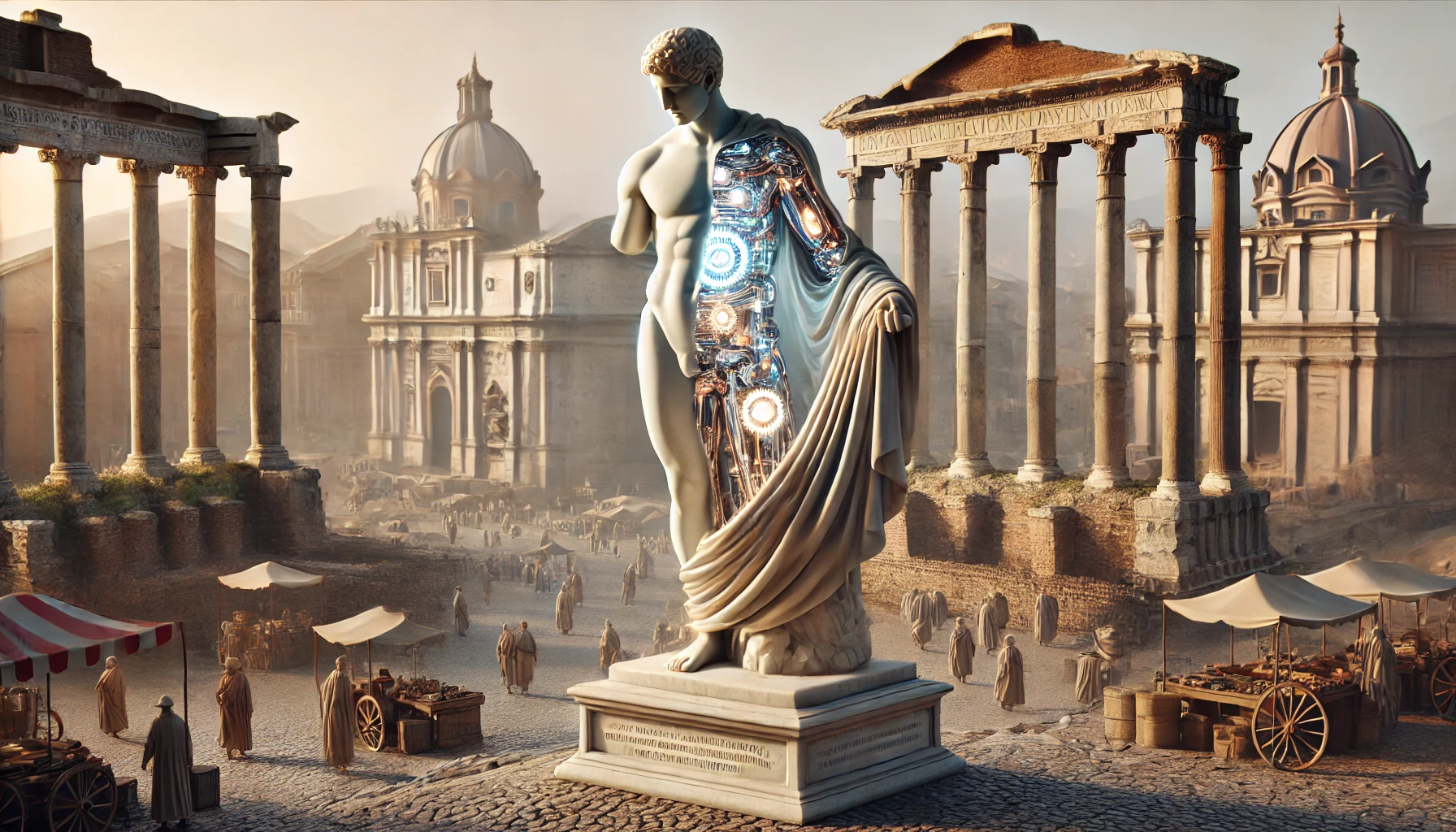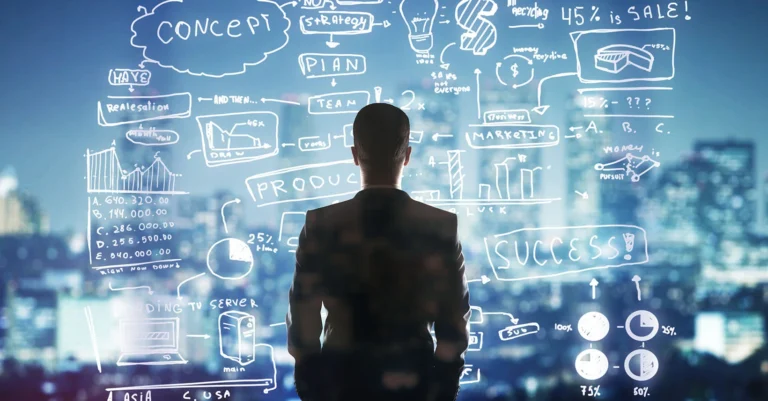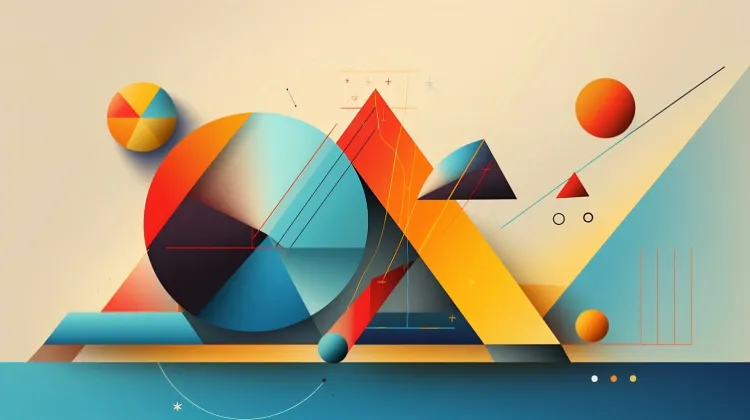In an era where change is the only constant, the pace at which our world is transforming is unprecedented. Technology evolves daily, expectations rise hourly, and adaptability has become not just a skill but a survival mechanism. Paradoxically, as the speed of change accelerates, we humans cling more tightly to consistency—a hallmark of comfort and control. But what if this instinct, one that’s deeply ingrained in our biology, is holding us back?
The truth is, consistency isn’t the sanctuary it appears to be. It’s a slow erosion of our potential. While we may crave the predictability of routine, neuroscience suggests that novelty—experiencing new things—actually stimulates the creation of new brain cells, a phenomenon called neurogenesis. In this sense, consistency isn’t just counterproductive; it’s killing us. To thrive in this fast-changing world, we must break away from our automated behaviors, surrender certain routines to machines, and embrace a new identity rooted in imperfection and growth.
Humans as Creatures of Consistency
For centuries, human evolution has revolved around creating structures and systems to provide stability. From the agricultural revolution to the industrial age, our progress has been marked by our ability to impose order on the chaos of nature. This penchant for predictability served us well in environments where threats were tangible, resources were limited, and survival depended on minimizing risks.
But in the modern world, the survival game has changed. It’s no longer about evading predators or gathering food for winter. Today, our threats are more abstract—economic downturns, automation, and the ever-increasing demands of innovation. And yet, our instincts remain the same. We continue to seek refuge in the safety of routines, habits, and patterns, despite mounting evidence that doing so may be limiting our cognitive and creative growth.
The Brain’s Secret Weapon: Neurogenesis
Neurogenesis, the brain’s ability to produce new neurons, is triggered by novel experiences and learning. In other words, encountering unfamiliar things rewires our brains, enhancing cognitive function and adaptability. This process isn’t just a scientific curiosity—it’s a survival mechanism that enables humans to evolve and grow.
Conversely, repetition and routine dampen this neural growth. When life becomes a series of predictable patterns, our brains lose the opportunity to expand their potential. This might explain why periods of stagnation—whether in personal growth or organizational progress—are often marked by rigid adherence to “the way things have always been done.”
If novelty is the secret to staying sharp, then our increasing reliance on automation—both in our personal lives and workplaces—presents a curious dilemma. Automation frees us from mundane tasks and feeds our craving for consistency. The challenge lies in finding the balance between embracing efficiency and nurturing our need for the unexpected.
Let Machines Handle Perfection
Humans are not, and never will be, perfect. Our imperfections are what make us adaptable, innovative, and resilient. Yet, as we automate more of our lives, there’s an unspoken desire to bring machine-like precision into human systems. We expect flawless decision-making, streamlined workflows, and uninterrupted productivity—qualities that align more closely with artificial intelligence than human nature.
Perfection, however, is not a human quality. It’s a machine’s forte. The beauty of automation lies in its ability to handle repetitive, precision-based tasks—those that humans often perform imperfectly or inefficiently. By outsourcing these functions to machines, we free ourselves to focus on what we do best: thinking creatively, connecting emotionally, and solving problems that machines cannot.
In this context, automation doesn’t diminish humanity; it enhances it. By relinquishing control over the tasks that stifle us, we create space for curiosity, innovation, and growth. This is the essence of breaking away from human automation. It’s not about becoming more like machines; it’s about reclaiming our humanity.
The Shift in Identity
At the heart of this transformation lies a necessary shift in identity. For generations, people have defined themselves by what they do. Automation threatens this paradigm by rendering many jobs obsolete, forcing us to redefine what it means to be valuable. This shift can feel destabilizing, but it also holds tremendous potential.
Rather than anchoring our identities to the work we perform, we have the opportunity to align them with the impact we create, the relationships we nurture, and the values we uphold. This shift requires us to embrace imperfection, uncertainty, and the unfamiliar—a tall order for a species wired to seek control.
But it’s precisely this embrace of the unknown that will unlock our potential. When we stop striving for perfection and instead focus on progress, we cultivate resilience. When we accept that adaptability, not consistency, is the hallmark of success, we position ourselves to thrive in a world of rapid change.
How to Break the Cycle of Human Automation
Breaking free from human automation requires a conscious effort to disrupt routines and welcome uncertainty. Here are some strategies to begin this journey:
- Challenge Your Comfort Zone
Intentionally seek out new experiences, perspectives, and environments. Whether it’s learning a new skill, traveling to an unfamiliar place, or simply altering your daily routine, novelty sparks neurogenesis and expands your potential. - Let Go of Perfectionism
Accept that mistakes and failures are part of growth. By prioritizing progress over perfection, you not only reduce stress but also foster a mindset of continuous improvement. - Delegate and Automate
Identify the tasks in your life that don’t require human ingenuity—like data entry, scheduling, or repetitive decision-making—and delegate them to machines. This frees you to focus on activities that demand creativity, empathy, and critical thinking. - Adopt a Growth Mindset
Approach challenges as opportunities to learn and grow. Acknowledge that adaptability is a skill, one that can be cultivated through practice and perseverance. - Reimagine Your Identity
Redefine success in terms of impact rather than output. Focus on the connections you build, the problems you solve, and the values you embody.
Embracing Imperfection in a Perfect World
As artificial intelligence continues to advance, the line between human and machine capabilities will blur. But this doesn’t spell the end of humanity. On the contrary, it’s an invitation to embrace what makes us unique—our ability to adapt, connect, and create.
To thrive in this fast-changing world, we must break free from the illusion of consistency and perfection. We must let machines handle the automation while we embrace the imperfections that make us human. The result won’t just be survival; it will be a renaissance of creativity, innovation, and growth—a future where humanity is not replaced by machines but elevated by them.
The choice is ours. Do we cling to the familiar, or do we evolve? The answer lies not in resisting change but in redefining what it means to be human.




